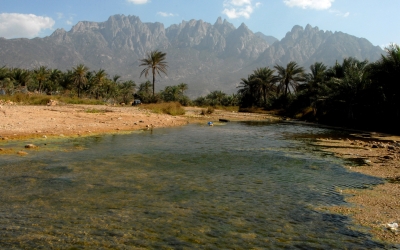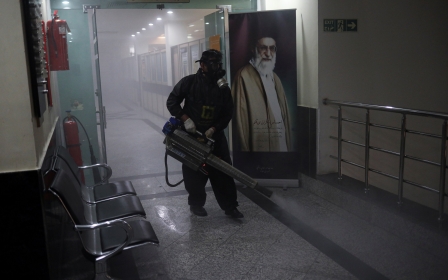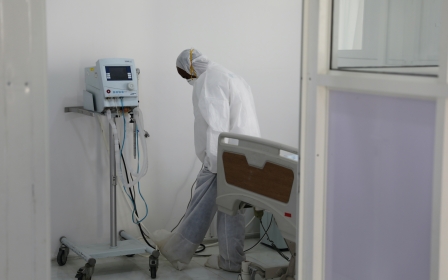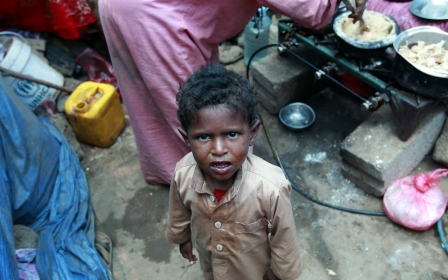No soap, little water and weakened by war, Yemen lacks resources to combat Covid-19
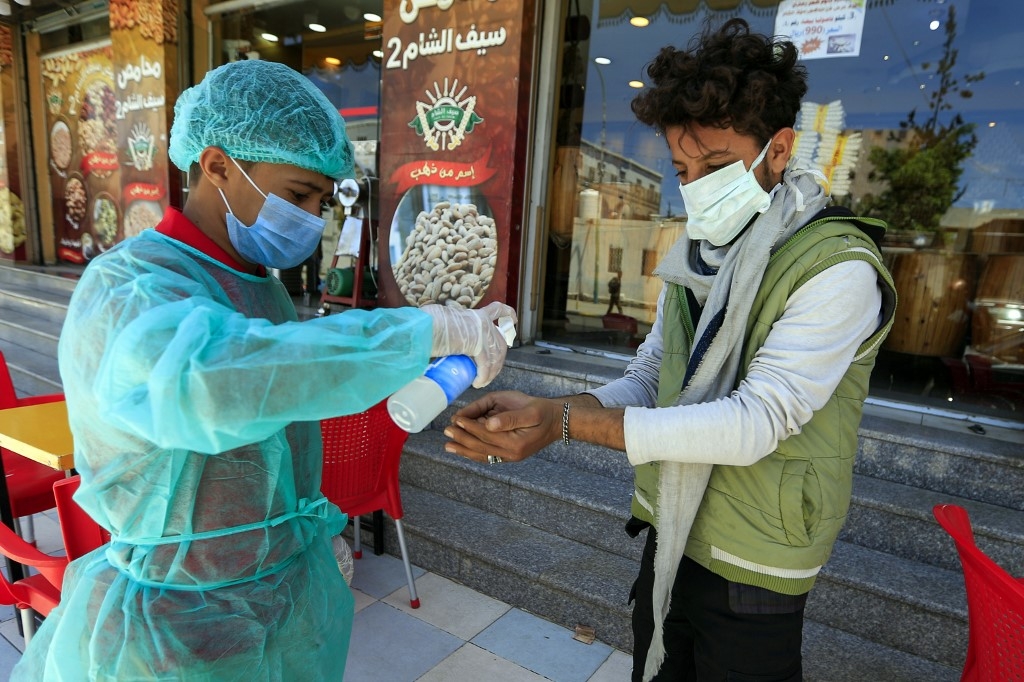
Aid groups in Yemen have warned that the country's health-care system is ill-equipped to deal with the coronavirus pandemic, with millions lacking access to essentials including clean water and soap.
In an interview with Reuters on Wednesday, Mark Lowcock, the UN's humanitarian chief, warned that Yemen would be "very vulnerable" to an outbreak, adding that the disease posed a "huge challenge" to humanitarian organisations on the ground.
'Frequently washing hands is the most effective way to protect against the coronavirus, but what will more than half the Yemeni people who don't have access to safe water do?'
- International Committee of the Red Cross
Yemen has yet to register any cases of the disease, known officially as Covid-19, but aid groups have warned that an outbreak would devastate the impoverished country of 28 million.
Since conflict erupted in Yemen in March 2015, the country's fragile health-care system has come under enormous strain.
Heavy bombardments and air strikes combined with continuous fighting have hampered access to health care, and increased pressure on the few facilities that are still functioning.
New MEE newsletter: Jerusalem Dispatch
Sign up to get the latest insights and analysis on Israel-Palestine, alongside Turkey Unpacked and other MEE newsletters
On Tuesday, the World Health Organisation warned that the introduction of the coronavirus could "overrun hospitals and health facilities."
"We cannot overwhelm the already fragile health system," it said.
'Don't have anything to wash with'
Meanwhile, Doctors Without Borders (known by its French acronym MSF) said it was "extremely worried" for millions of Yemenis who have no access to clean water or soap.
While awareness campaigns and the distribution of hygiene materials have been in place over recent weeks, most Yemenis don't have enough money to buy soap, sanitizers or face masks.
"We can recommend they wash their hands, but what if they don't have anything to wash with?" said Caroline Seguin, the head of MSF's programmes in Yemen, Iraq and Jordan.
According to Unicef, the UN's children fund, a staggering 18 million Yemenis are in urgent need of water, sanitation and hygiene assistance.
"Frequently washing hands is the most effective way to protect against the coronavirus, but what will more than half the Yemeni people who don't have access to safe water do?," the International Committee of the Red Cross in Yemen tweeted on Sunday.
'Years of under-investment'
In 2017, Yemen was faced with one of its worst outbreaks of cholera, with 2,000 people dying from the water-borne disease.
"Years of under-investment in public water and sanitation systems provided the foundations for this outbreak," Bismarck Swangin, UNICEF Yemen's chief of communications, told the AFP news agency.
"The risk still remains if access to water continues to be low."
Oxfam, a coalition of non-profits, said that Yemen could see another deadly episode as the country's rainy season comes amid the new virus threat.
Only half the country's health centres are functioning, and those that are face severe medicine, equipment, and staff shortages, Oxfam said on Tuesday.
"After five years of death, disease and displacement and in the face of a rising threat from a global pandemic, Yemenis desperately need all warring parties to agree to an immediate countrywide ceasefire," Oxfam's country director in Yemen, Muhsin Siddiquey, said in a statement.
Middle East Eye delivers independent and unrivalled coverage and analysis of the Middle East, North Africa and beyond. To learn more about republishing this content and the associated fees, please fill out this form. More about MEE can be found here.


